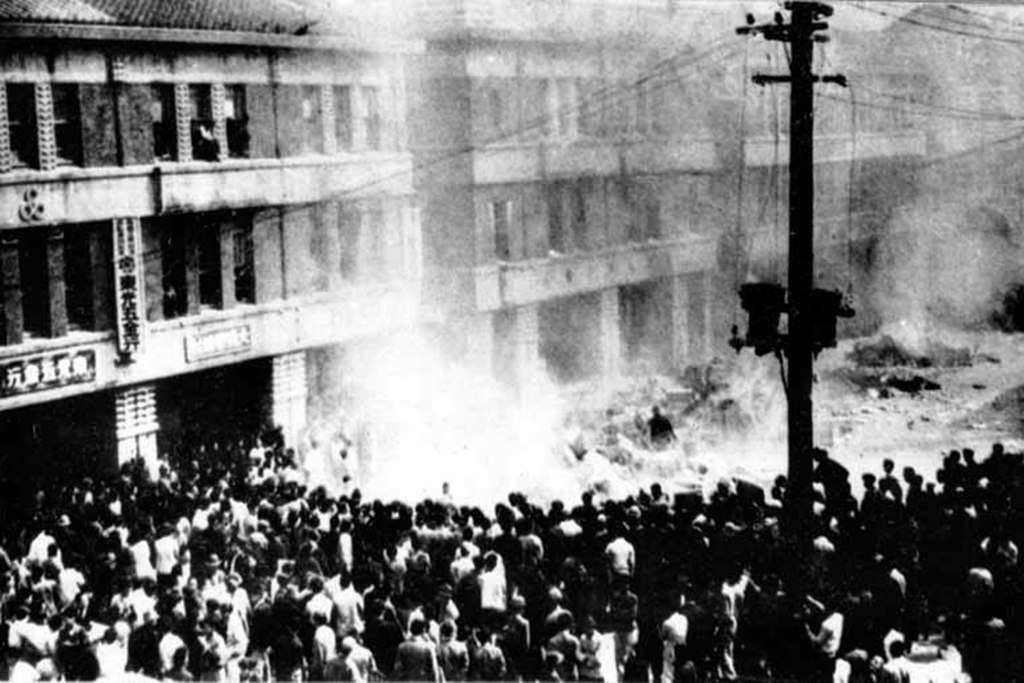On February 28, 1947, a tragic chapter in Taiwanese history began with the outbreak of violence known as the 228 Massacre. This somber event, which erupted amid mounting tensions between local citizens and ruling authorities, not only led to significant loss of life but also catalyzed profound social and political changes across Taiwan.
The memories of that day continue to resonate, reminding us of the importance of accountability, remembrance, and the ongoing, unwavering pursuit of justice. Join us in revisiting this critical historical moment and understanding its enduring impact on Taiwan’s path toward reconciliation and democratic progress.
The incident began as civil unrest, spurred by public discontent over economic hardship and political mismanagement by the then government. As tensions escalated, the situation quickly deteriorated into violent confrontations between local citizens and government forces.
The aftermath of the massacre was profound: thousands were affected, and the collective memory of this tragedy became a catalyst for political reform and social change. Over the decades, the 228 Incident has grown to symbolize the suffering of countless individuals and the remarkable resilience of a society determined to seek truth, justice, and reconciliation. Today, annual commemorations serve both as a tribute to the victims and a reminder of the need for vigilant protection of human rights and democratic values.
Interesting Facts:
- A National Day of Remembrance: The 228 Incident is commemorated annually in Taiwan as a day of reflection and remembrance, helping to foster dialogue and healing.
- Historical Investigation: For many years, the full scope of the massacre remained obscured until later government inquiries and historical research brought clarity to the tragic events.
- Impact on Taiwanese Politics: The 228 Massacre significantly spurs democratic movements in Taiwan, influencing governance and human rights reforms.
- Cultural Reflections: The incident has inspired numerous books, films, and academic studies, ensuring that the lessons of February 28, 1947, are not forgotten.
- Legacy of Justice: Efforts to seek acknowledgment and redress for the victims continue to shape Taiwan’s political discourse, emphasizing the crucial importance of historical accountability and collective responsibility to remember and learn from the past.

